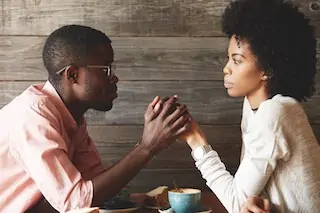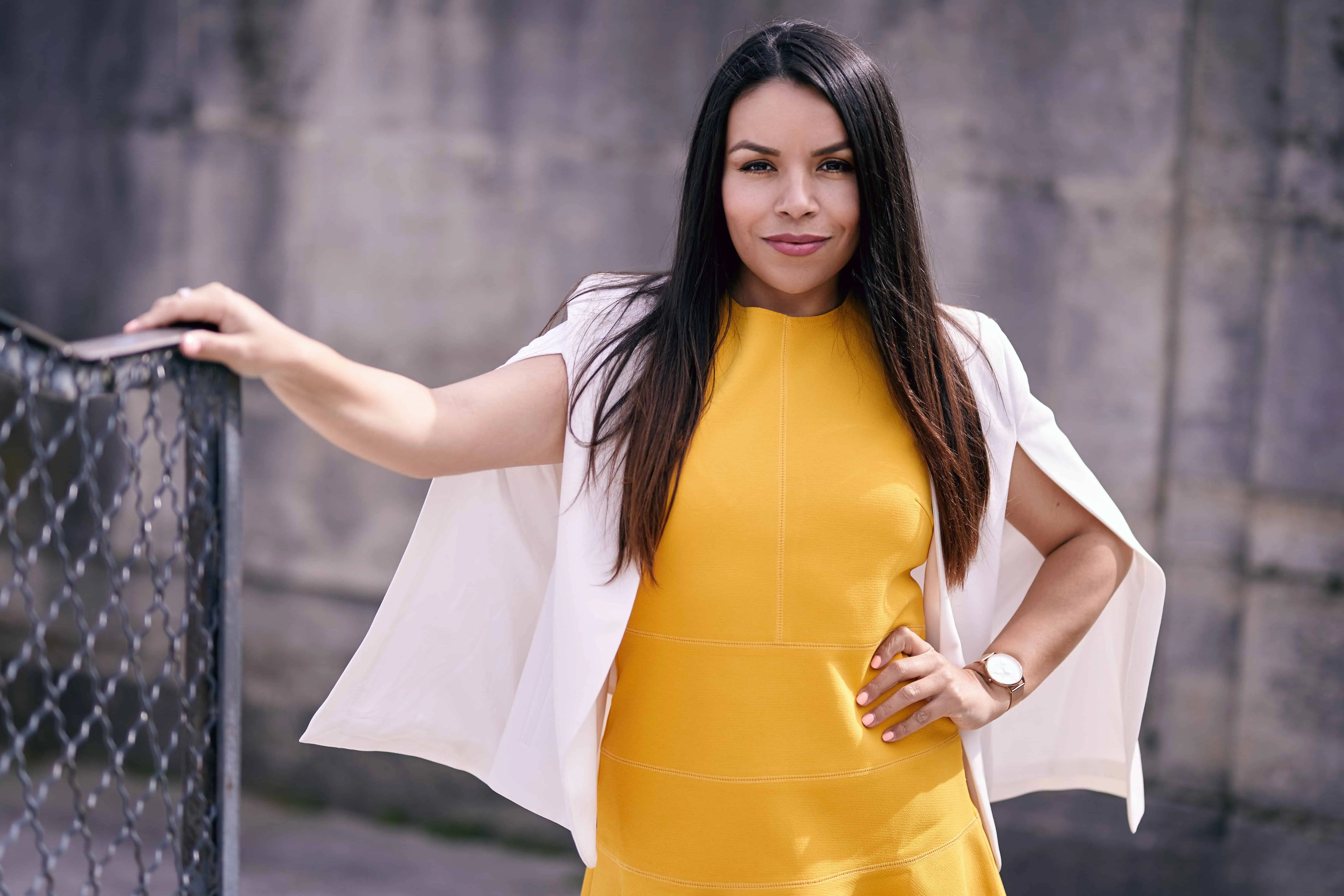5 Signs You’re in a Codependent Relationship
 Do you find yourself using most of your energy on your partner’s needs? Do you feel like your personal needs are not being met in your relationship, no matter how much you do? Chances are you’re in a codependent relationship. Codependent relationships are characterized by a person belonging to a one-sided relationship, where one person relies on the other for meeting their emotional needs. It is a dysfunctional dynamic that is common and much more prevalent than we might imagine, but if these signs of codependency go left unresolved, they become all the more destructive.
Do you find yourself using most of your energy on your partner’s needs? Do you feel like your personal needs are not being met in your relationship, no matter how much you do? Chances are you’re in a codependent relationship. Codependent relationships are characterized by a person belonging to a one-sided relationship, where one person relies on the other for meeting their emotional needs. It is a dysfunctional dynamic that is common and much more prevalent than we might imagine, but if these signs of codependency go left unresolved, they become all the more destructive.
A healthy relationship is one that is interdependent when two people come together and don’t sacrifice their autonomy and their values by being with one another. It’s easier said than done, but with some awareness and understanding a codependent relationship can be transformed into a healthy interdependent one. Let’s see how you can go from putting your needs on the back burner to maintaining your independence, while still being in a loving and generous relationship. Sounds easy, right?
How to stop being codependent in your relationship
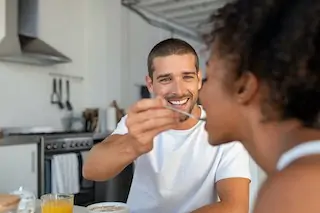
Sign #1: You’ve lost your voice in the relationship.
If everything you say doesn’t seem to matter in the relationship – you don’t voice your needs, your wants, and your wishes – then you know your individual needs are not being met. This also means that you’re scared to speak up and be your authentic self, and instead you compromise your needs for your partner’s. Instead of communicating your opinion openly, you justify why your partner doesn’t need to hear what you have to say. “My girlfriend is going through a lot right now,” you may think, “she doesn’t need me to impose on her.”
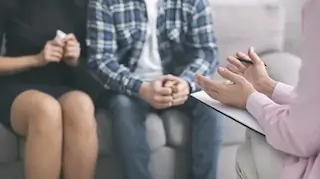
Sign #2: You lose contact with your friends and family.
When you’re in a codependent relationship, you start to spend so much time with your partner that you lose sight of your family and friends. Either that or when you see them, your partner is always with you or feels offended if she’s not invited to things with just you and your friends. Naturally, when it’s the beginning of a relationship you may not be hanging out with your friends as much, but maintaining a good balance between your partner and your friend time is important. When you invest all your time with your girlfriend, then you also in some way seek all of your validation and love from her, which is a recipe for disaster. One person can’t carry all of that weight on their shoulders. Make sure you continue healthy relationships with friends and family that are independent of your relationship with your partner.
Sign #3: You stop doing your hobbies.

Sign #4: You often ask permission from your partner.
These can be simple activities. You start to ask your girlfriend if you can go to the gym because you feel bad about leaving her. You think it’s sweet and loving to ask, but it’s actually not because you are compromising your independence. You need your own life separate from her; you don’t need to be asking her permission to go to the supermarket, to run an errand, to see a friend, or to even take time alone. You justify to yourself that you want her to be included in everything, that this is your way of showing that you love her. But your girlfriend is not your mother, she is someone that should be supportive of whatever makes you happy – however you decide to spend your time on your own, away from her.
Sign #5: You’ve lost your boundaries.

Ultimately, we don’t want to take on the problems of our partner and feel as though we need to fix them. The opposite is also true – we can’t expect our partners to fix our problems if we don’t take the time to show up for ourselves. Give your partner space and yourself the space to feel autonomously empowered. Both you and she should feel like you have the strength to handle your own problems. When you know your values, your values, and your standards are being pushed past the point of comfort, then don’t diminish your voice and watch it all happen before you. Say something, shamelessly communicate what you feel is making you uncomfortable. That is the most loving thing you can do.
2 Codependents in a relationship. Can both people in a relationship be codependent?

When we get two codependent people together, two things can happen. Firstly, neither person will make a move because they’re both waiting for the other to reflect back at them. Life has always been a result of people reflecting back to us who we should be at that moment, so why would that change now? In this kind of scenario, there will never be a sense of grounding to the relationship. It will feel like each of you is just holding space for each other because both of you haven’t established yourselves as an individualized person with separate needs and wants.
Secondly, hierarchal roles will be played out. Because you’re conditioned to a dynamic of emotional superiority, one will take on the role of the oppressor in the relationship and the other will be the oppressed. And with that comes a whole lot of resentment. The relationship because a game of winning, a hierarchical battle that falsely creates a way of feeling safe. At its very core, it’s inauthentic.
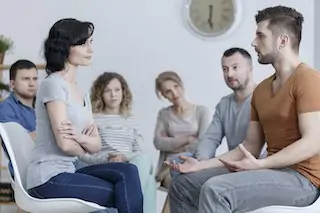
Can a codependent relationship be saved?
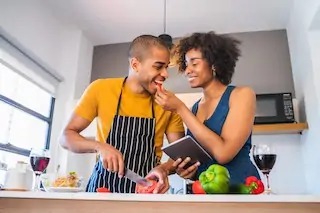
The first step is seeking guidance and support. If you are in a codependent relationship and need some help, please book a session with us. We are here to help.
As always, remember that you are loved and please share with us your experiences.
Your coach,
Apollonia Ponti

